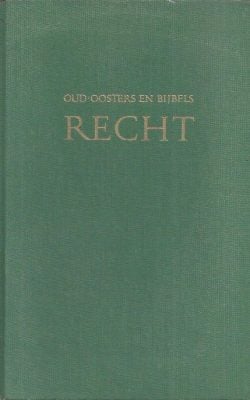When Augusta de Wit toured Java in the 1910s she found not only “the airy fancies, the legends and the dreams” but also “a busy manufacturing country, prosperous and prosaic.” In fact she arrived during a crucial phase of the island’s development, when the colonial Dutch regime had just embarked on its “Ethical Policy” not only to repay its “debt of honour” to an impoverished peasantry but also to facilitate the interests of modern capitalism. An illuminating record of her observations of both the Javanese aristocracy and peasantry, Java, through numerous illustrations, presents an important social document and a fascinating narrative account of a society in transition.




